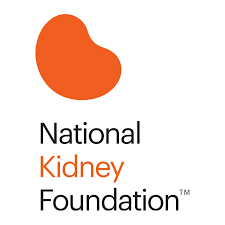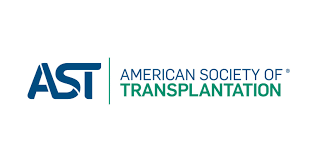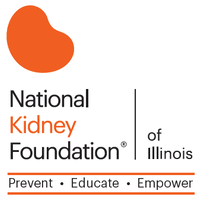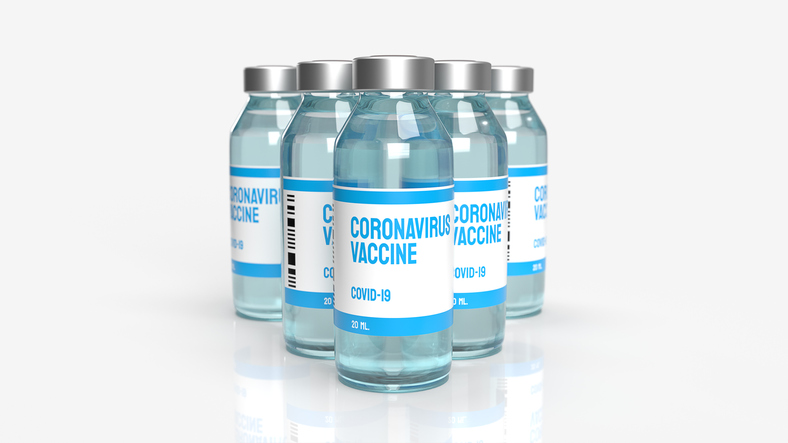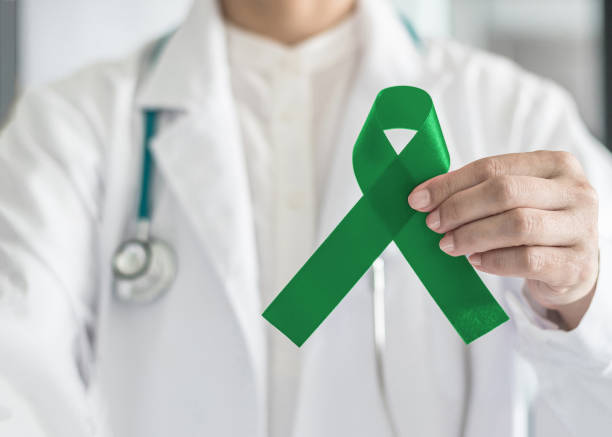“May is National Mental Health Awareness Month and The National Kidney Foundation (NKF) recognizes this important month by calling attention to NKF Peers, a free mentoring program that matches people in late stage kidney disease, those on dialysis or living with a transplant, as well as living donors with mentors who provide one-on-one support to guide them through their kidney health journey. As COVID-19 cases in the U.S. continue to rise, NKF Peers is more important than ever because people with kidney disease and transplant recipients face a heightened risk for developing serious complications from COVID-19. In addition, people hospitalized with COVID-19 are developing kidney failure and becoming kidney patients. In these incredibly stressful times, the NKF Peers program is available to kidney patients seeking support, information, and understanding from someone who has been in a similar situation.”
Learn more about the NKF Peers program, here.
